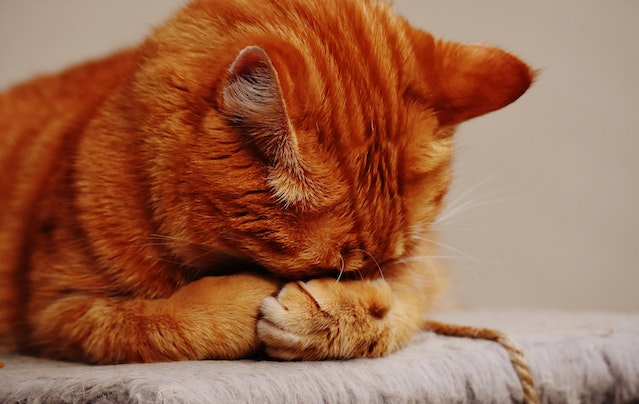Cats are natural carnivores, and that means their bodies need protein from meat to survive. That’s why they eat mice, birds, and other small animals. Cats have an even more extreme metabolism than humans do, so they need specific nutrients that they can only get from animal sources. But that doesn’t mean you should let your cat have a free-for-all when it comes to eating human food; many common foods are actually toxic for them and can cause serious health problems or even death. Here are 10 human foods your cat should never eat (and what you can feed them instead).
1) Coffee, chocolate and alcohol
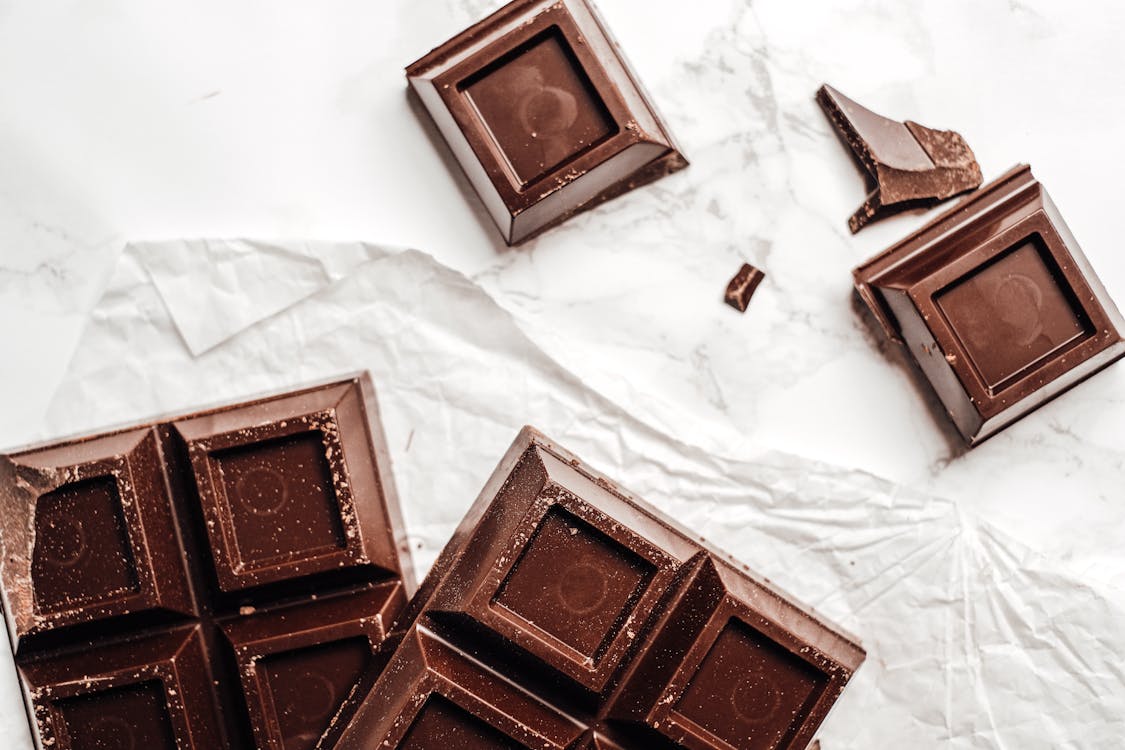
Coffee, chocolate and alcohol: These can be toxic to cats and affect their blood sugar levels. Chocolate contains theobromine which is highly toxic to both dogs and cats. And, just like humans, cats are more sensitive to the effects of caffeine than dogs are. Alcohol also contains ethanol which is metabolized by the liver differently in dogs than it is in humans or cats.
2) Greasy, fatty and spicy foods
Greasy, fatty and spicy foods are not good for cats. Cats have a sensitive digestive tract that can be easily upset by these types of food. When it comes to greasy, fatty and spicy dishes – the more you feed them, the worse they will get. These types of food can cause vomiting and diarrhea in cats. This is not only uncomfortable but is also dangerous because it can lead to dehydration from decreased fluid intake and electrolyte imbalance from vomiting.
3) Onions, garlic and Chives
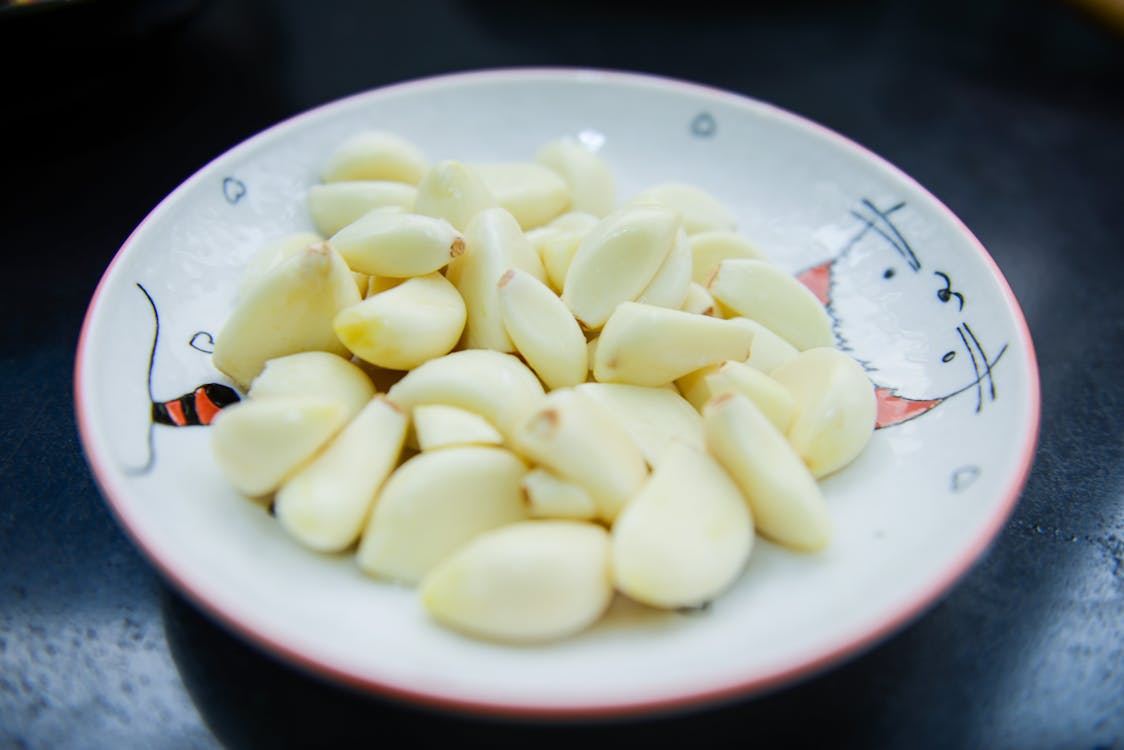
Onions, garlic and Chives are toxic to cats because they contain an ingredient called N-propyl disulfide that is harmful to their red blood cells and causes anaemia. Onion poisoning can cause a cat’s digestive system to become inflamed which can lead to vomiting, diarrhea and in some cases even kidney failure. Garlic contains the same toxin as onions so it is just as dangerous for cats.
4) Fatty meat
Fatty meat, such as bacon and hotdogs, is not recommended for cats. It can lead to pancreatitis, which can be life-threatening. Giving fatty meats to a cat could also lead to obesity which has been linked to diabetes mellitus in cats.
5) Dairy products
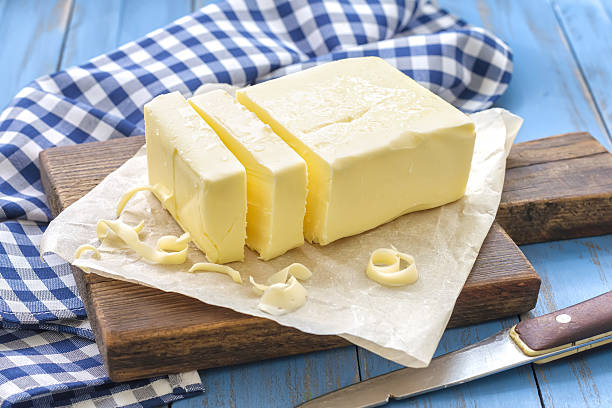
Dairy products are not good for cats. Cats lack the enzyme that is needed to break down lactose, which is found in milk, cheese and other dairy products. The result of consuming dairy products can be lactose intolerance, diarrhea and vomiting.
6) Citrus fruits and their peels (and tomato plants!)
Cats love to chew on lemons and limes, but these citrus fruits contain a compound called citrulin which can cause kidney failure in cats. Citrus fruits are not the only things you need to be careful of. Tomatoes, potatoes and avocados are all toxic to cats because they contain solanine which is toxic in large doses.
7) Grapes, raisins, sultanas and currants
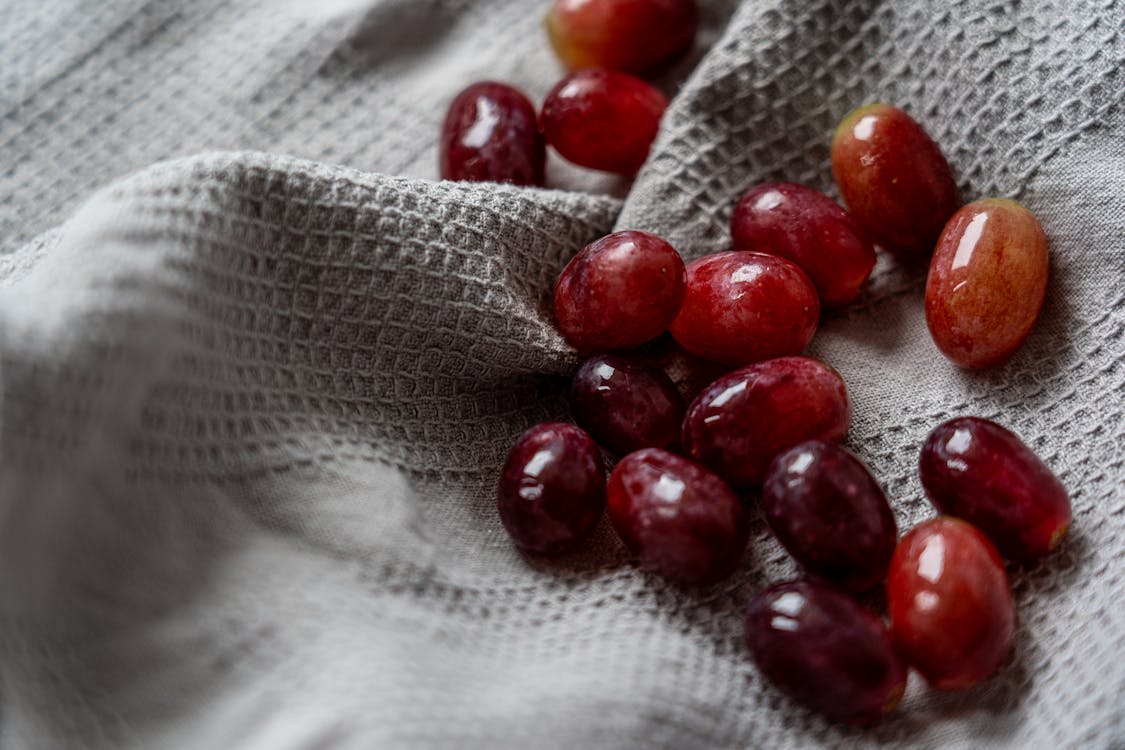
Grapes, raisins, sultanas and currants are highly toxic to cats. The grape skin contains a toxin that can be fatal to cats if consumed. Cats cannot metabolize this toxin as efficiently as dogs, which is why it is so toxic. Eating just one or two grapes can result in kidney failure and death.
8) Xylitol based products (low calorie sweeteners)
Xylitol, a sugar substitute that is also used in some sugar-free chewing gum and toothpaste, can be highly toxic to cats. Eating even a small amount of xylitol could cause a cat to experience hypoglycemia (low blood sugar), seizures, liver failure, or even death. Always double check the label on food products before serving them to pets.
9) Avocados, potatoes and tomatoes
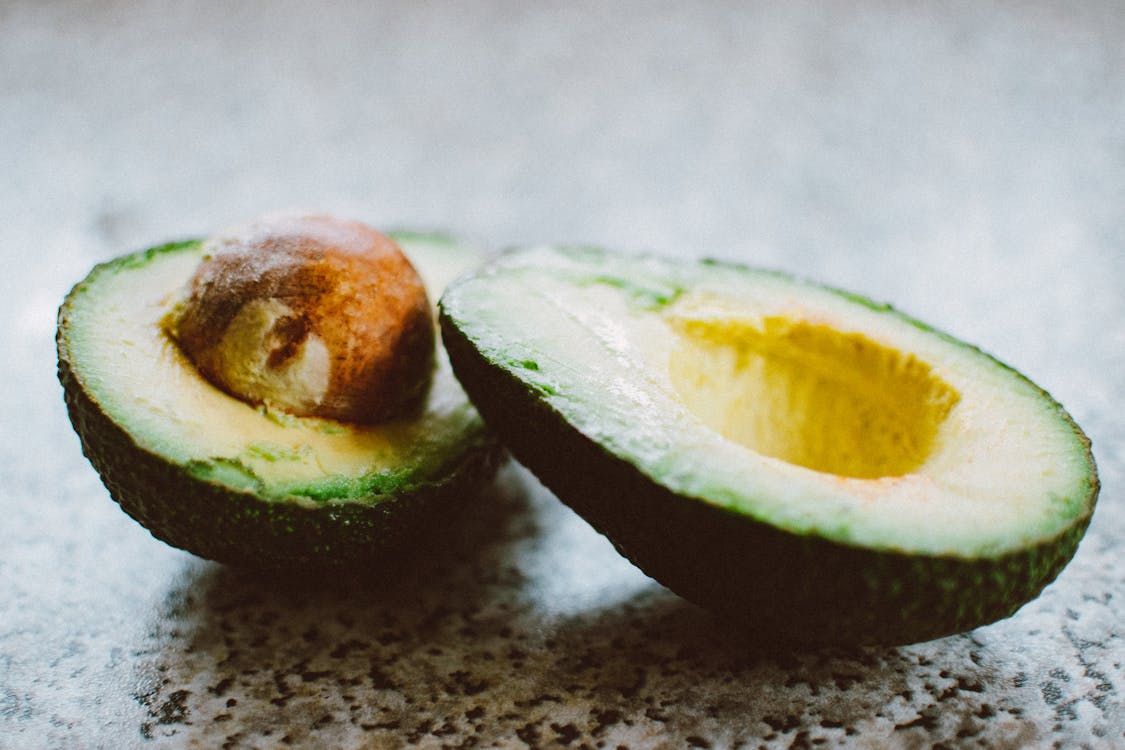
Avocados, potatoes and tomatoes are toxic to cats. A few symptoms of avocado toxicity in a cat include vomiting and diarrhea. Potatoes can cause an upset stomach, while tomatoes can cause abdominal pain.
10) Human Vitamin Supplements (and prescription drugs!)
Many people take vitamins or prescription drugs for various reasons. Others may have been prescribed them by their doctor. Some of these medications may be harmful to pets, even in small amounts. If you are taking any medication, it is important to make sure that you store it safely out of reach from pets.

